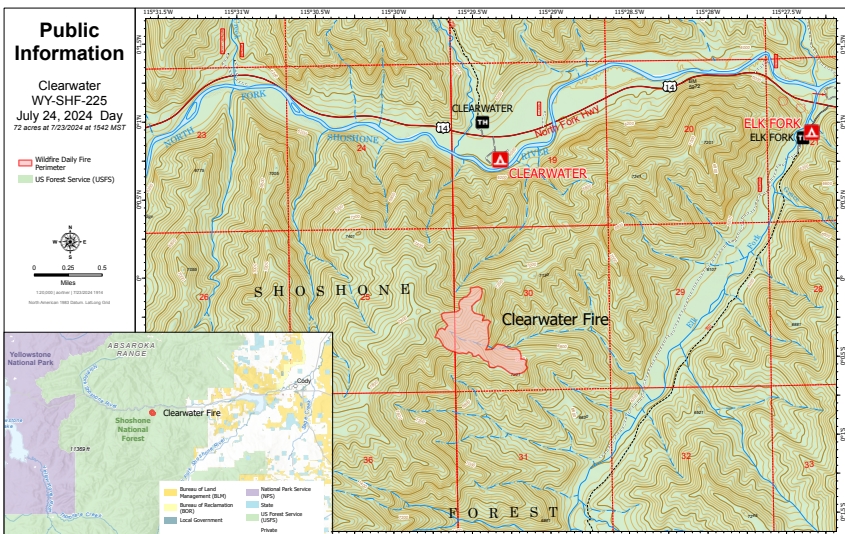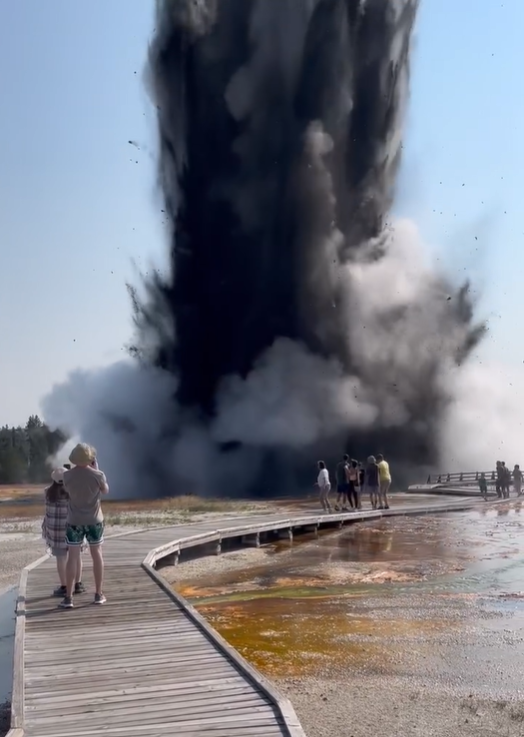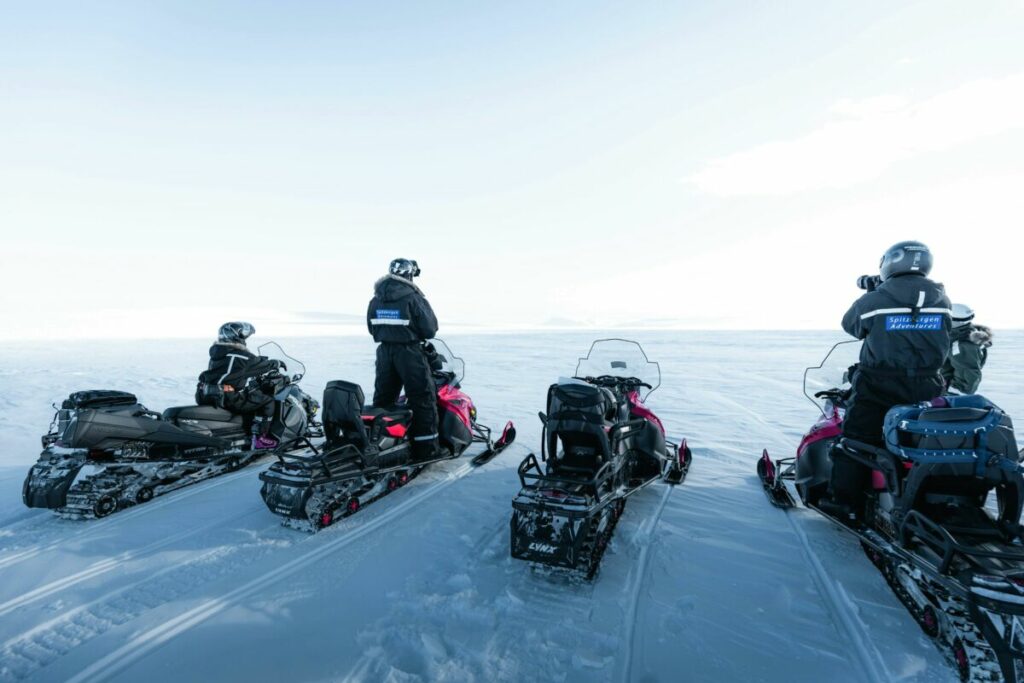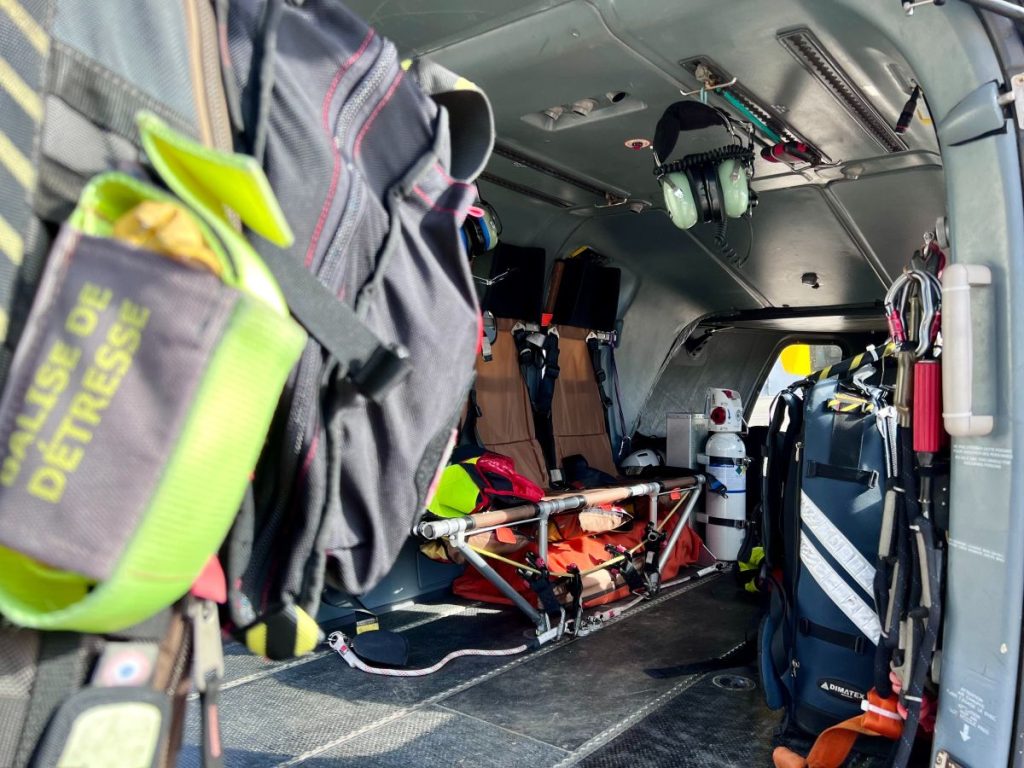Red Cross of Wyoming Spreads Awareness and Seeks Volunteers for Future Fires
Written by Andrew-Rossi on May 3, 2023
Wyoming residents face another active year of wildfires. The American Red Cross of Colorado and Wyoming is urging everyone to get ready now – and consider going a step beyond to help others when needed.
Despite a record-breaking winter, parts of Wyoming are drier than normal. The Wyoming Drought Monitor reports at least half of the state is anywhere from abnormally dry to experiencing extreme drought. These are the conditions where fires can spark and thrive, often to dangerous levels.
Meanwhile, just south of Wyoming, the Colorado Division of Fire Prevention and Control says the state should anticipate average wildland fire activity in 2023 based on current outlooks, weather patterns, and fuel conditions (Colorado experiences over 5,500 wildland fires in an average year.)
“Across the country, we’re launching nearly twice as many major disaster relief operations as we did a decade ago, much of that attributed to the climate crisis,” said Gino Greco, Chief Executive Officer of the American Red Cross of Colorado and Wyoming. “Because of this dramatic jump in the number of large disasters to which we are responding, we need more volunteers to continue providing relief on a near-constant basis to ensure families are supported when they need it most.”
Across the country, volunteers assist in these situations by providing shelter, comfort, hot meals, health services, and recovery support to families in need.
Red Cross volunteers make up 90% of the Red Cross’s workforce. In 2022, 124 local Red Cross volunteers provided shelter, food, and support for those evacuated from their homes after being treated by wildfires.
In the last ten years, the number of billion-dollar disasters in the U.S. has increased by 70%. In 2023, the eastern plains remain under drought conditions, with the southeast corner, in particular, experiencing large areas of severe to exceptional drought. Consequently, these areas have the highest potential for fire activity, at least in the short term.
In anticipation of future fires, the Red Cross encourages anyone interested to become a volunteer.
The “most needed disaster positions” include:
- Shetler Support
- People help at a shelter during a large disaster by welcoming and registering residents, serving meals, setting up cots, distributing blankets and personal hygiene kits, and providing information and other assistance to people in need.
- Health Services
- There’s a particular need for volunteers who are licensed healthcare providers to deliver hands-on support, including care and education, to people staying at a shelter during a large disaster.
- Qualified licenses include R.N., LPN, LVN, EMT, Paramedic, MD, D.O., PA, N.P., and APRN.
- Disaster Action Team
- While big wildfires get the most news coverage, smaller disasters, such as home fires, are no less devastating to those affected. Local Disaster Action Teams provide food, lodging, comfort, recovery assistance, and other support to affected families.
With the increasing risk of climate disasters, following the three steps below is more important than ever to help keep your family safe.
Downloading the free Red Cross First Aid app allows those in need to see if emergency help is delayed. The Red Cross also offers a free Emergency app for weather alerts, open Red Cross shelter locations, and more safety tips in English and Spanish.
- Build an emergency kit with bottled water, non-perishable food, a flashlight, and battery-powered radio. Also include medications, copies of important papers, cell phone chargers, and emergency contact information.
- Make an evacuation plan with what to do in case you are separated from your family during an emergency and if you must evacuate. Coordinate with your child’s school, work, and community emergency plans — and don’t forget your pets.
- Know how to stay informed by finding out how local officials will contact you during a disaster and how you will get important information, such as evacuation orders.




